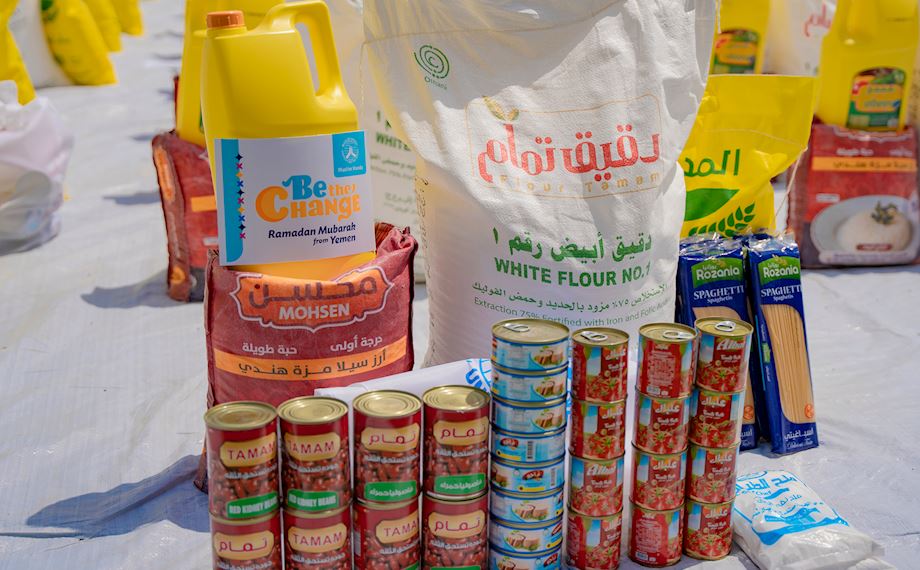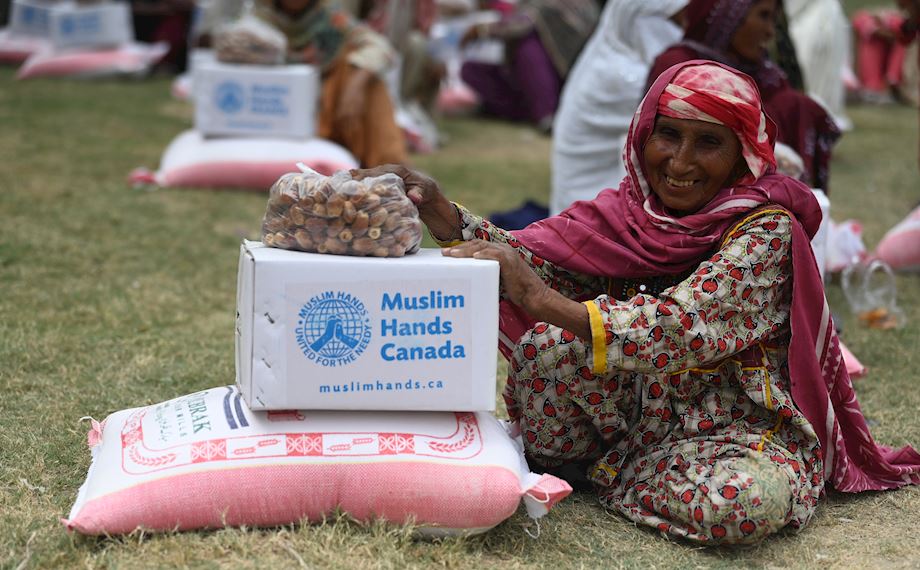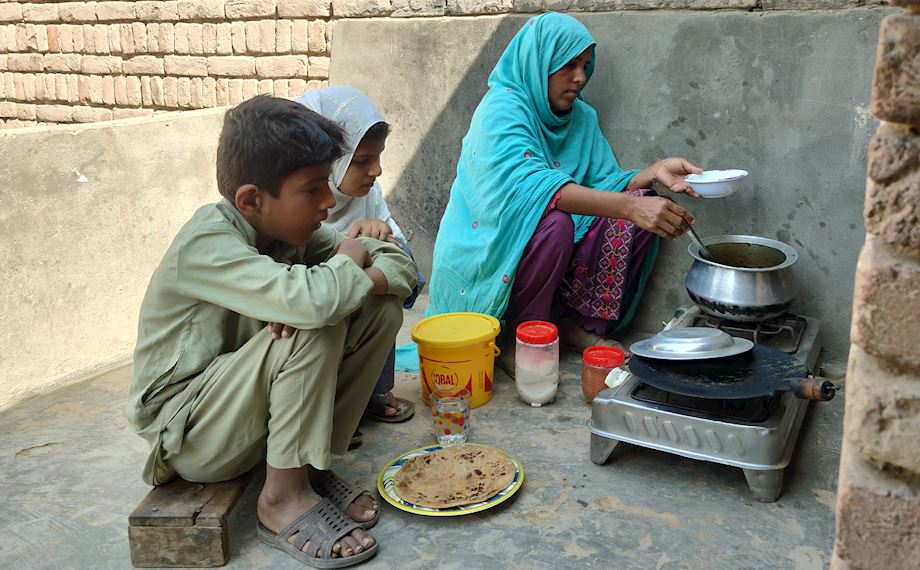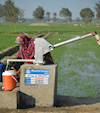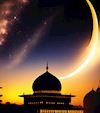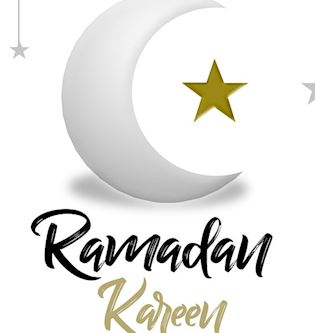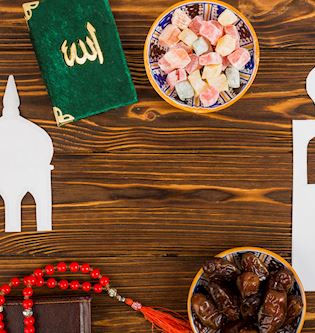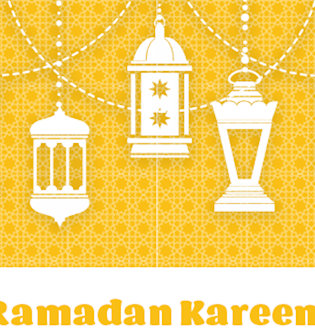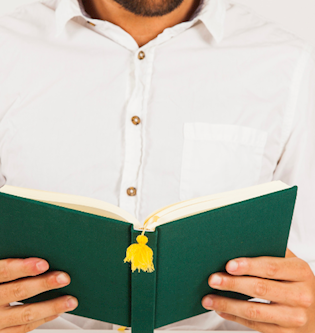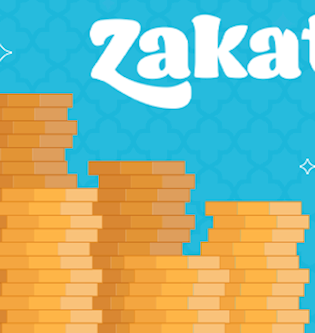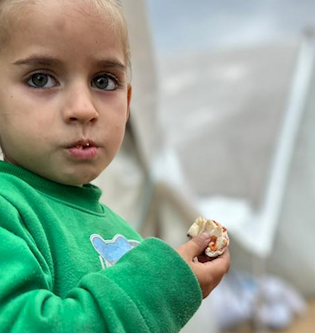What is Ramadan and Why is Eid Al Fitr Celebrated?

Ramadan is the ninth month of the Islamic calendar. It is the month of fasting, prayer, reflection, and helping the less fortunate. Many Muslims pay their Zakat during Ramadan. Zakat is a mandatory act of charity, stipulated by Allah (swt), while voluntary acts of charity are known as Sadaqah.
‘You shall observe the Salah and give the obligatory charity (Zakat), and bow down with those who bow down.’ (Qur’an 2:43)
During Ramadan, Muslims fast from sunrise to sunset, refraining from consuming food, drinks, and cigarettes. The daily fast concludes with Iftar, starting at Maghrib, which is the time of sunset. It typically begins with eating dates, followed by a larger meal. Eating iftar with family, friends, and the community is a special and communal event during Ramadan.
Fasting helps individuals understand the struggles faced by millions trapped in poverty and famine, thereby allowing them to show gratitude to Allah (swt) for their blessings.
Five Pillars of Islam
Fasting in Ramadan is one of the five pillars of Islam.
All able-bodied Muslims are expected to fast. Exceptions to fasting include individuals who are ill, elderly, pregnant, nursing, menstruating, traveling, or facing conditions that make fasting physically harmful.
The other pillars of Islam include:
Shahadah - the reciting and profession of the Islamic faith. The Shahada is articulated by declaring, "La ilaha illallah, Muhammadur rasulullah," which can be translated as "There is no deity but Allah, and Muhammad is the messenger of Allah."
Salah – five daily prayers and performing ritual cleansing or wudu.
Zakat – giving the obligatory charity based on one’s wealth. Donations made during Ramadan often hold much greater reward.
Hajj – the pilgrimage to Mecca, which every able-bodied Muslim must perform at least once in his or her lifetime.
How is the beginning of Eid determined?
Eid al-Fitr marks the end of Ramadan. The celebration is determined by the sighting of the new moon. Ramadan lasts 29 or 30 days, depending on when the moon is sighted.
If the moon is sighted, Eid al-Fitr is the next day. If the moon is not sighted on the 29th of Ramadan, then Ramadan lasts 30 days, and Eid al-Fitr begins the following day.
When is Ramadan 2024 in Canada?
The lunar calendar rotates by roughly 10-11 days each year, therefore the exact dates of Ramadan change yearly.
Ramadan in 2024 is expected to begin Sunday, March 10th, 2024, and end Tuesday, April 9th, 2024. All dates and times are subject to confirmation and sighting of the moon.
Why Fasting is so Important?
Fasting during Ramadan is one of the Five Pillars of Islam. All able Muslims (those who are mature and in good health) should fast from sunrise to sunset.
By abstaining from food, drinks, and other physical needs, individuals develop self-control and patience. Fasting helps people develop a deeper connection with Allah (swt), a sense of gratitude towards His blessings, as well as empathy and compassion for the less privileged.
What is the Significance of Zakat?
Zakat, also known as Zakat al Fitr, is an obligatory act of charity that Muslims are required to provide. It isn’t tax or charity; it is a pillar of our faith and an important obligation.
In Islam, offering charity is a great deed at any time of year. However, rewards for good deeds, including charity, are multiplied during Ramadan. Therefore, the act of giving becomes even more significant during this holy month and many Muslims choose to offer Zakat in Ramadan.
How to Calculate Zakat
Zakat is due on all wealth and assets that are held above a certain threshold, also known as the nisab. Zakat is typically calculated at 2.5% of all total wealth above the nisab value and takes into consideration:
- Gold and silver
- Cash in hand and bank accounts
- Pensions
- Investment property
- Stocks and shares
- Money lent out
- Business stock
- Agriculture produce
All wealth must have been maintained for one lunar year before you pay Zakat. You can use our handy Zakat Calculator to calculate Zakat.
Significance of Eid al-Fitr
Eid-al Fitr marks the end of Ramadan, a festive occasion celebrated with loved ones. Festivities during Eid al-Fitr involve gathering with loved ones to share meals and enjoy each other's company. It's customary to give "Eidi," monetary gifts to children as tokens of affection.
When are Eid-al-Fitr and Eid-al-Adha in Canada?
Eid-al-Fitr 2024 is expected to be celebrated on April 10th, 2024, and Eid Al-Adha is expected to begin June 17th, 2024. Dates may vary depending on the sighting of the moon.





